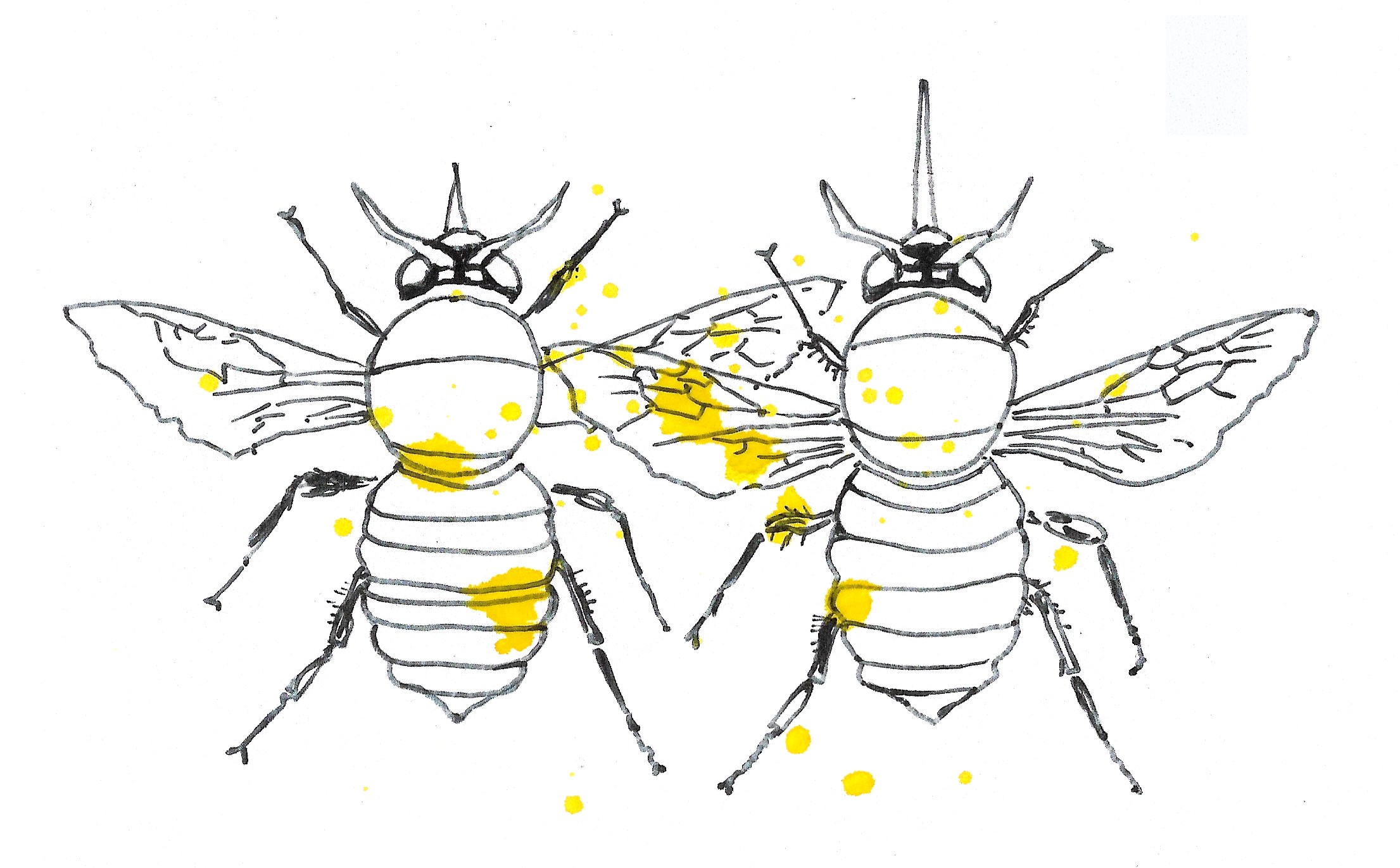Short-Tongued Bombus
April 10, 2021
A study in Science shows that in a period of just 40 years two alpine bumblebee species (Bombus balteatus and Bombus sylvicola) rapidly evolved significantly shorter tongues. Short-tongued species are more generalist foragers, able to feed on many different types of flowers. They are replacing more specialised, long-tongued bumble bees that feed on flowers with deep corolla tubes. The shift seems to be a direct result of a reduction in flower abundance due to global warming. Alpine regions are considered “canaries in the coal mine” for their sensitivity to increasing temperatures and drying soils. With lower floral resources, fitness advantages of long-tongued specialist phenotypes have diminished, driving the rapid evolution of shorter-tongued bees.
Ecological partnerships evolve through the matching of functional traits between partners, such as tongue length of pollinators and flower tube depth of plants. Changes that disrupt such matching can alter plant species recruitment and the trajectory of coevolution. As it stands, the longer-tubed and the longer-tongued are struggling to make ends meet. The short generalist prevails.